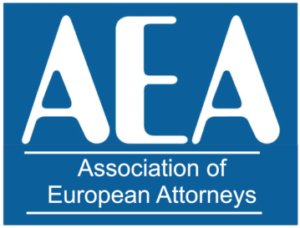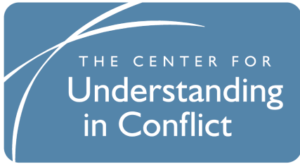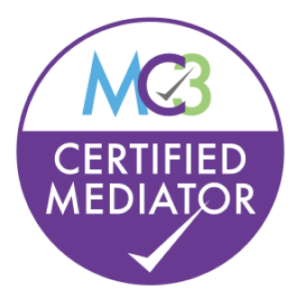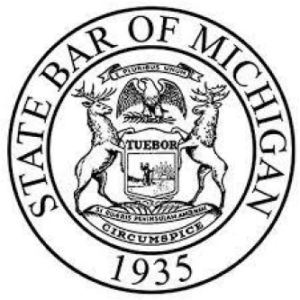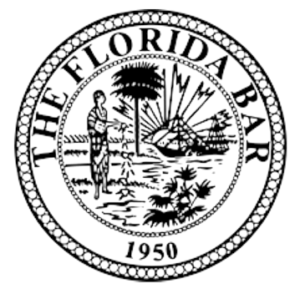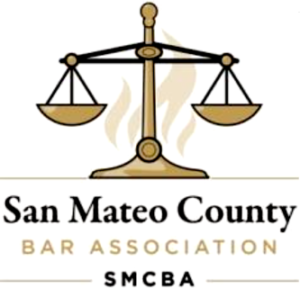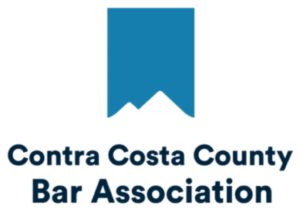As a trusts and estates attorney in California, one of the questions I often encounter from clients is about the differences between probate and trust administration. I aim to provide clarity on this topic and help you understand the distinctions between these two important processes.
Probate: A Court-Supervised Process
Probate is the court-supervised process of validating a deceased person’s will, if one exists, and distributing their assets according to the terms of the will or state law (if there is no will). The probate process involves several steps, including:
1. Filing a Petition: The first step in probate is filing a petition with the probate court to open the estate and appoint an executor (if there is a will) or personal representative (if there is no will).
2. Notification of Creditors: Creditors must be notified of the decedent’s death, and they have the opportunity to make claims against the estate for any outstanding debts.
3. Inventory and Appraisal: The executor is responsible for creating an inventory of the decedent’s assets and having them appraised to determine their value.
4. Payment of Debts and Taxes: Outstanding debts and taxes must be paid from the estate before any assets can be distributed to beneficiaries.
5. Distribution of Assets: Once debts and taxes are settled, the remaining assets are distributed to the beneficiaries according to the terms of the will or state law.
Probate can quickly turn into a bureaucratic nightmare, bogging down the distribution of assets and causing unnecessary stress for grieving families. The process involves extensive court supervision, paperwork, and delays, often lasting months or even years. It is strongly recommended that you have an experienced probate attorney to guide you through the probate process.
Not only is probate time-consuming, but it can also be costly, with fees and expenses eating into the estate’s assets. Furthermore, probate proceedings are a matter of public record, compromising the privacy of the deceased and their beneficiaries. Given these challenges, it’s no wonder why many individuals seek alternatives to probate, such as trust administration, to ensure a smoother and more efficient transfer of assets to their loved ones.
Trust Administration: A Private and Efficient Alternative
Trust administration, on the other hand, is the process of managing and distributing the assets held in a trust after the death of the trust creator (also known as the grantor or settlor). Trust administration offers a welcome alternative to the bureaucratic challenges of probate, providing a streamlined and efficient process for managing and distributing assets after death. Unlike probate, trust administration does not require court supervision, resulting in quicker and less expensive proceedings. The privacy of the deceased and their beneficiaries is also preserved, as trust administration typically occurs outside of the public eye. Moreover, trusts offer greater flexibility in asset distribution and management, allowing for customized plans tailored to the needs of the individual and their beneficiaries. With the help of a trust administration lawyer, families can navigate the estate settlement process with ease, ensuring a smooth transfer of assets and peace of mind for all involved.
In trust administration:
1. Successor Trustee Takes Over: Upon the death of the trust creator, the successor trustee named in the trust document takes over management of the trust assets.
2. Distribution of Assets: The successor trustee distributes the trust assets to the beneficiaries according to the terms of the trust document.
3. No Court Involvement: Because trust administration does not involve court supervision, it is generally faster, less expensive, and more private than probate. Trust administration attorney involvement is usually much more limited than in probate.
The following are some of the key differences between probate and trust administration:
1. Court Involvement: Probate involves court supervision, while trust administration does not.
2. Time and Cost: Probate is often more time-consuming and costly than trust administration and a probate attorney receives a percentage of the decedent’s gross value of the estate.
3. Privacy: Probate is a matter of public record, while trust administration is typically private.
4. Flexibility: Trusts offer more flexibility in asset distribution and management than wills, which must go through probate.
In conclusion, understanding the differences between probate and trust administration is essential for effective estate planning. While both processes serve the purpose of distributing assets after death, trust administration offers many advantages over probate, including privacy, efficiency, and flexibility. If you have questions about probate, trust administration, or estate planning in general, don’t hesitate to reach out to us for guidance tailored to your specific needs and circumstances.
Remember, proper estate planning today can help your loved ones avoid unnecessary delays, expenses, and complications in the future. A well-crafted and organized estate plan should require minimal involvement from a trust administration attorney.










